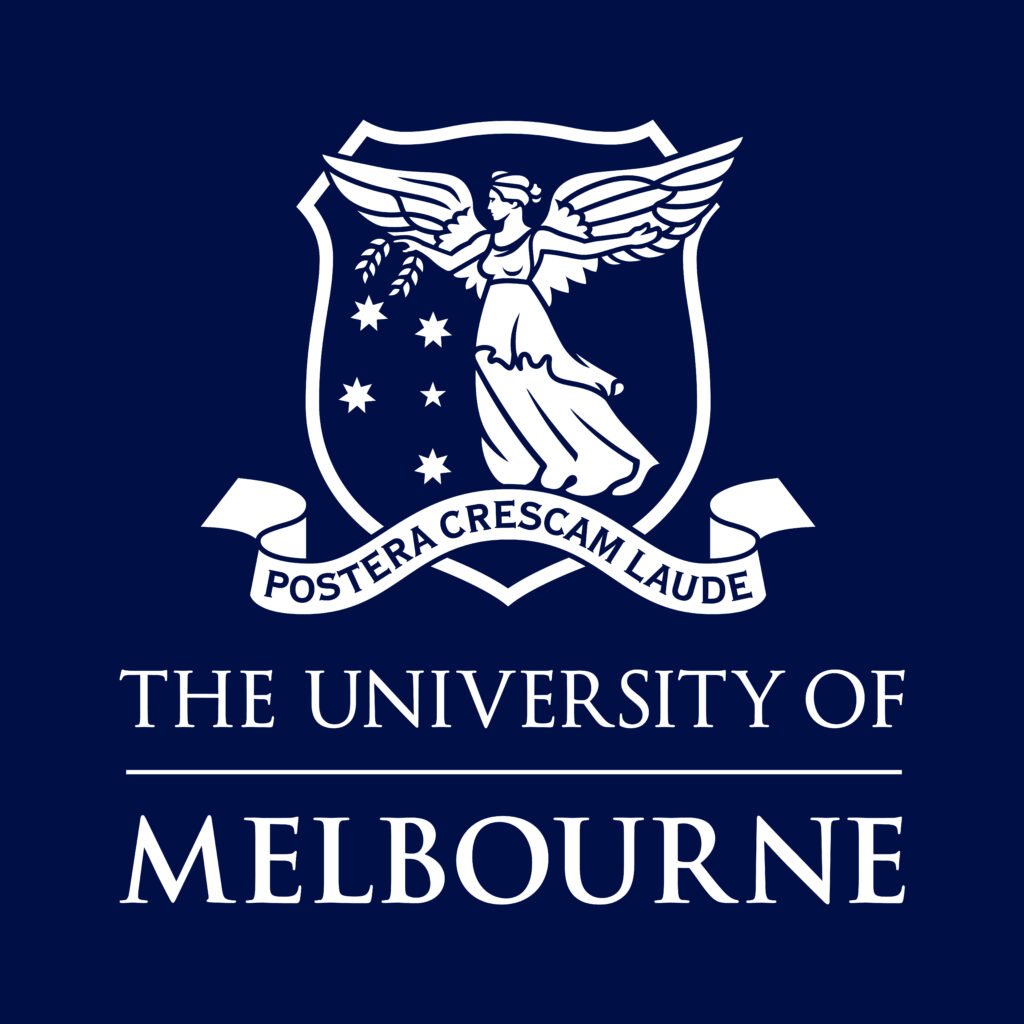DiGRAA is the Australia and New Zealand chapter of the Digital Games Research Association, and strives to sustain an open, inclusive, and transdisciplinary game studies research community in our region. Our latest updates are:
- DiGRAA 2026 Program
- DiGRAA 2026 Program Now Available and Registration Reminder
- DiGRA Australia 2026 National Conference Call for Papers and Important Dates
Our work would not be possible without the ongoing support of our institutional members:

Sydney Games & Play Lab
The University of Sydney

School of Social Sciences, Media, Film & Education
Swinburne University

Digital Media Research Centre
Queensland University of Technology

School of Computing
Macquarie University

HCI Games & Play + School of Culture & Communications
University of Melbourne

Digital Design
RMIT University

Games Research Lab
Flinders University
